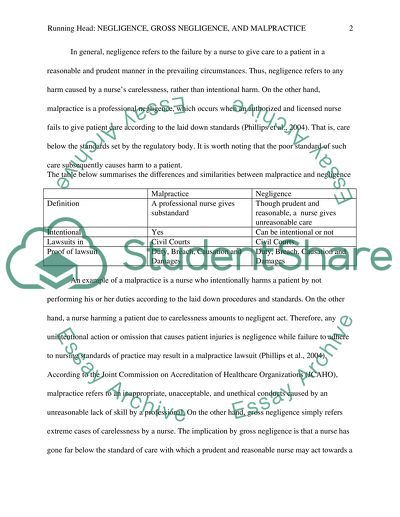Cite this document
(“Negligence Essay Example | Topics and Well Written Essays - 1000 words”, n.d.)
Retrieved from https://studentshare.org/nursing/1479222-negligence
Retrieved from https://studentshare.org/nursing/1479222-negligence
(Negligence Essay Example | Topics and Well Written Essays - 1000 Words)
https://studentshare.org/nursing/1479222-negligence.
https://studentshare.org/nursing/1479222-negligence.
“Negligence Essay Example | Topics and Well Written Essays - 1000 Words”, n.d. https://studentshare.org/nursing/1479222-negligence.


